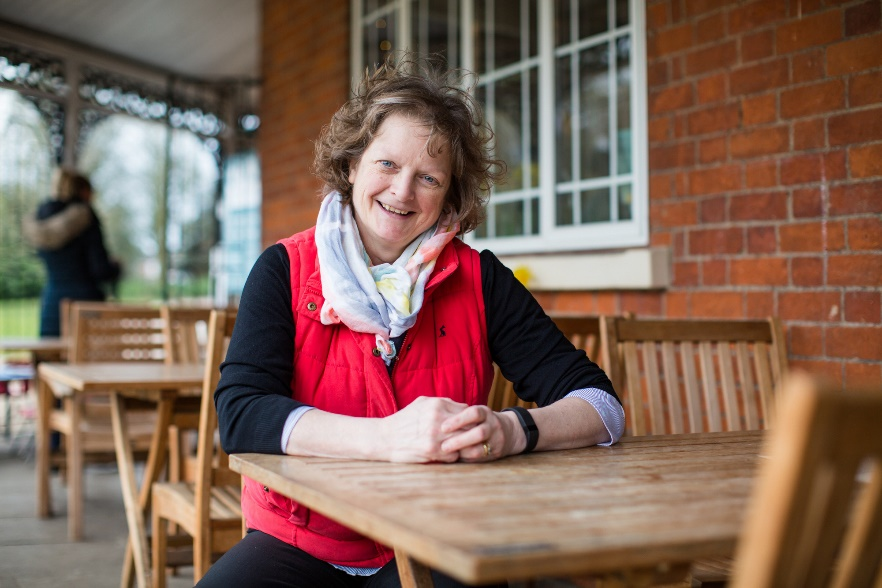Newcastle Hospitals has received over £2m funding to run a clinical trial that aims to find the most effective treatment for recurrent urinary tract infections (rUTIs) that do not respond to first-line treatments.
The funding, from the National Institute for Health and Care Research, will help health researchers to compare different treatments for rUTIs in over 400 women.
A common and uncomfortable condition
UTIs are common and can cause pain or a burning sensation when peeing, needing to go to the toilet more often, and lower tummy or back pain.
They are usually successfully treated with antibiotics, however over half a million women in the UK get recurrent UTIs (defined as at least three repeated infections per year or two in six months) which can affect daily activities.
If a UTI is difficult to treat and has not responded to oral antibiotics, treatment is sometimes given directly into the bladder through a thin catheter, known as a bladder instillation.
Further evidence needed
While many urology doctors use bladder instillations, more evidence is needed on how effective the treatment is. The VESPER trial will compare two treatments given directly into the bladder against daily antibiotics.
Patients on the trial will be randomly allocated to one of three groups:
- Gentamicin- an antibiotic given into the bladder over six months.
- Glycosaminoglycan (GAG) – a treatment- which coats the lining of the bladder and stops bacteria from ‘sticking’ – given into the bladder over six months.
- Daily, low dose antibiotics (standard care).
The number of UTI episodes occurring in each group will be compared over six months to see which treatment is best at preventing the infection.
The trial will also look at the types of bacteria found in the bladder and their level of resistance to antibiotics.

Professor Chris Harding, consultant urological surgeon at the Freeman Hospital and an academic at Newcastle University’s Translational and Clinical Research Institute, is leading the trial. He says:
“UTIs are common, and most women will recover with a course of antibiotics, however some women experience repeated infections which can be challenging to live with.
“We hope that this trial will provide much-needed information on the best treatment for recurrent UTIs and help determine which is the most cost-effective for the NHS.”
Jacqueline Emkes, who is a patient advocate for bladder health, said:
“Living with rUTIs can be incredibly challenging. The pain, fevers, kidney issues, spasms, and constant need to be near a toilet disrupt normal life, affecting self-esteem, confidence, social interactions, and even travel.

“Over the years, I have tried various treatments without much success. In my experience, receiving an inaccurate or delayed diagnosis has also added to the stress and frustration of having a rUTI.
“I think that timely, targeted treatment could have spared me repeated antibiotic use and debilitating symptoms. This research is so important in helping to treat rUTIs effectively and improve quality of life for patients suffering from this condition.”
Antibiotic alternatives
Prof Harding added:
“Antibiotic resistance is a global problem, and we need to continue to explore alternative options. Although bladder instillations still use antibiotics, they are directly injected into the bladder so are not absorbed into the blood stream, causing much less impact on antibiotic resistance, particularly in the gut.”
The trial is expected to start early 2025 and aims to recruit over 400 participants from 20 sites across the country.
The delivery of the trial will be supported by the urology research team based at the Freeman Hospital, part of Newcastle Hospitals.
- Newcastle University and Newcastle Hospitals are both part of Newcastle Health Innovation Partners (NHIP). NHIP is one of eight prestigious Academic Health Science Centres (AHSCs) across the UK, bringing together partners to deliver excellence in research, health education and patient care.
